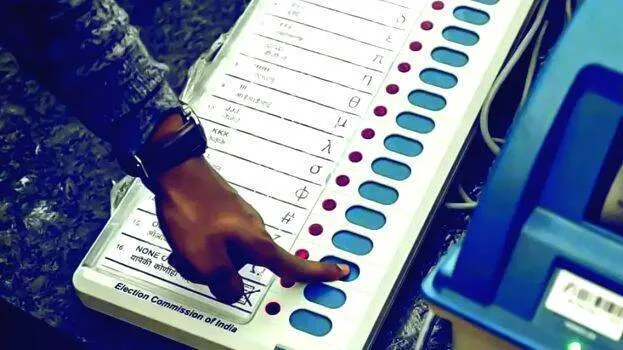

Political parties often raise objections towards all kinds of election-related reforms. Photo-affixed identity cards for voters were introduced in 1993 when TN Seshan was the Chief Election Commissioner. This was way before the introduction of Aadhaar cards. Those who opposed it back then argued that it is not practical to take photos of everyone over the age of 18 in India and that it would cost a lot of money. The implementation of voter identity cards was made possible only because the Election Commission operated as an independent constitutional authority, free from political interference. Initially, major political parties opposed the introduction of voter ID cards. However, they later withdrew their objections after facing criticism, with some accusing them of supporting fraudulent voting practices.
Thus, the implementation of voter ID cards, which was once thought to be impossible in the country, eventually became a reality. Initially, these cards were simply printed on plain paper in black ink, and laminated by including a photograph. However, since 2015, the design and durability of the voter cards have significantly improved. Today’s voter ID cards are made from resilient PVC sheets and feature clear, coloured printing. They can also serve as valid documentation for various other services. As time progresses, many tasks once performed manually by humans will be taken over by machines. This is a testament to the triumph of science. Across all areas of life, countless machines, both small and large, are actively functioning, influencing every aspect of daily living. Reverting to the past is something one can only talk about; implementing it is virtually impossible. Yet, some people still argue for abandoning voting machines—a stance that can only be viewed with sympathy.
Humans make mistakes, and similarly, machines can occasionally malfunction. However, such incidents are isolated and can be corrected. Calling for the elimination of all voting machines due to such instances is akin to burning down a house to get rid of a rat. Some major parties and alliances, when faced with electoral defeat, are quick to cast doubt on voting machines. Electoral defeat can't be solely blamed on voting machines. It's crucial to examine other factors, such as a disconnect between politicians and the public, governance failures, unfulfilled promises, and the public's growing awareness of politicians' duplicity. Blaming voting machines without analyzing these factors serves no purpose other than misleading their supporters.
While dismissing a plea to revert from electronic voting machines (EVMs) to the old ballot paper system, the Supreme Court posed a critical question to the petitioners: 'Why are you not raising any issue with EVMs when you win elections?' the court asked. During the hearing, the petitioner argued that even leaders like Chandrababu Naidu and YS Jagan Mohan Reddy had questioned the possibility of tampering with EVMs. In response, the bench, comprising Justices Vikram Nath and P.B. Varale, asked, 'Why are you raising allegations of EVM tampering only when you lose elections?' The court observed that leaders like Naidu and Reddy allege tampering only when they lose but remain silent when they win, and questioned how such a stance should be interpreted. Consequently, the petition was dismissed. The court pointed out the hypocrisy of some Congress leaders who blamed voting machines for their loss in Maharashtra, but remained silent when the BJP lost in Jharkhand. There is no point in blaming the machines for election losses without acknowledging the disconnect with the public.